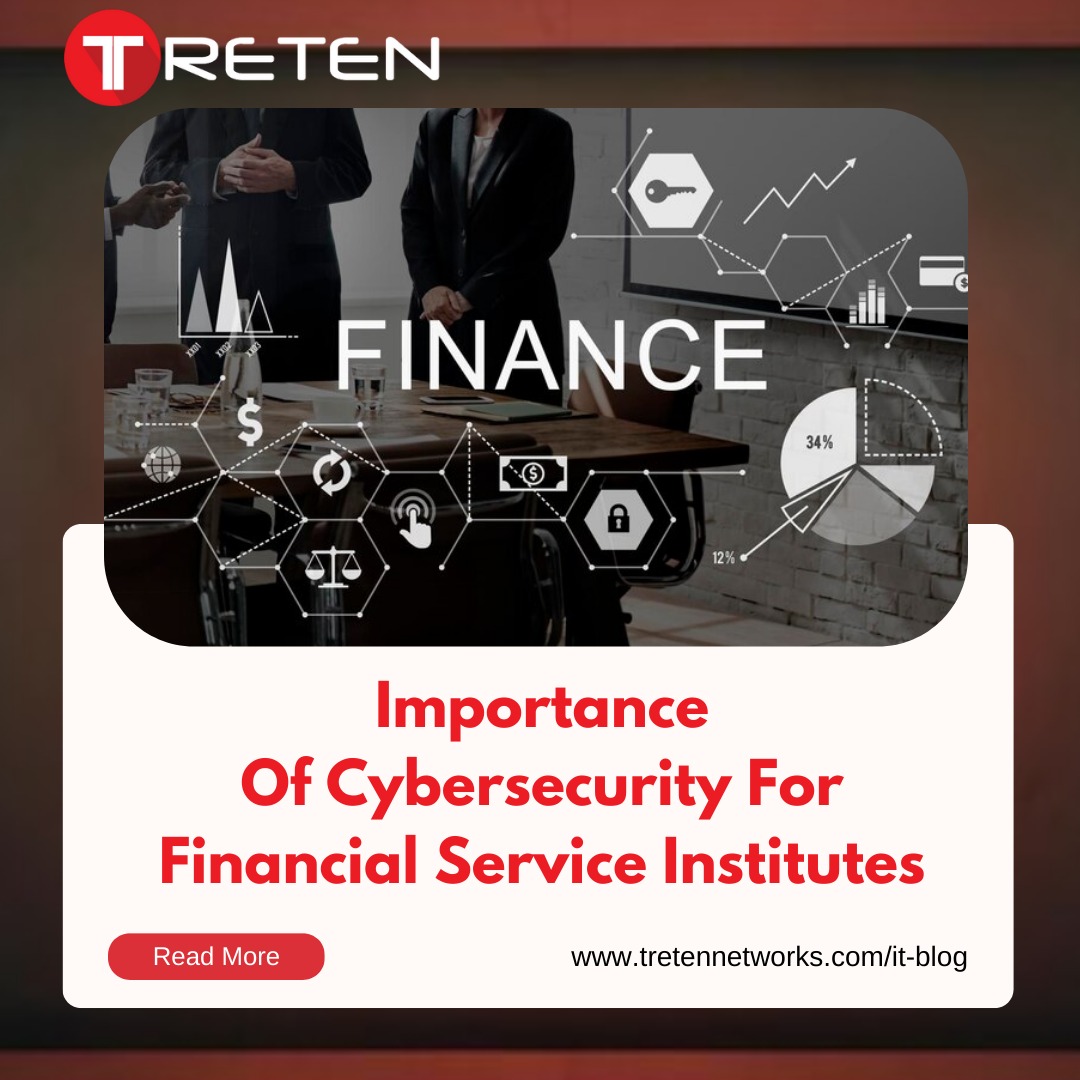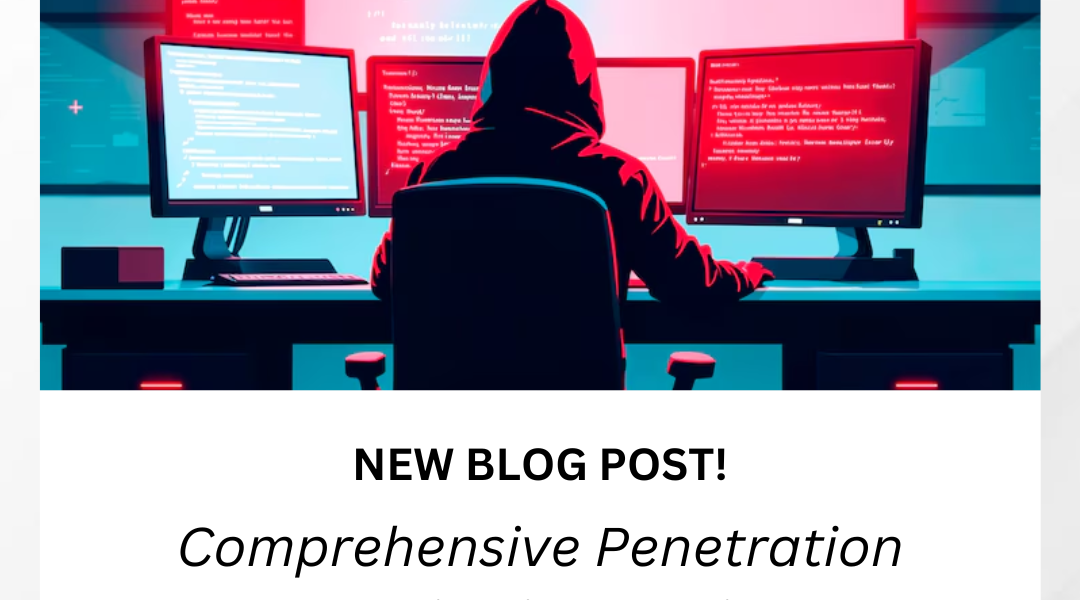Importance of Cybersecurity for FSI
A Comprehensive Guide with Case Studies
Financial Services Institutions (FSIs) are increasingly becoming prime targets for cyberattacks due to the sensitive nature of the data they handle. From customer information to financial transactions, FSIs hold a wealth of valuable data that can be exploited by malicious actors. To protect themselves from these threats, it’s imperative for FSIs to prioritize cybersecurity.
Why Are FSIs Particularly Vulnerable to Cyberattacks?
- Sensitive Data: FSIs handle a vast amount of sensitive data, including personally identifiable information (PII), financial data, and intellectual property. This makes them attractive targets for cybercriminals seeking to profit from stolen data.
- Complex Systems: FSIs operate complex IT infrastructures, often involving multiple interconnected systems and third-party vendors. This complexity can introduce vulnerabilities that are difficult to manage.
- Regulatory Compliance: FSIs are subject to stringent regulatory requirements, such as GDPR and CCPA, which impose significant cybersecurity obligations. Failure to comply can result in hefty fines and reputational damage.
Common Types of Cyberattacks Targeting FSIs
- Phishing: Attackers send fraudulent emails designed to trick employees into clicking on malicious links or attachments, leading to malware infections or data breaches.
- Malware: Malicious software, such as ransomware, spyware, and viruses, can infiltrate FSI systems and disrupt operations, steal data, or demand ransom payments.
- Denial-of-Service (DoS) Attacks: These attacks aim to overwhelm FSI systems with excessive traffic, making them inaccessible to legitimate users.
- Social Engineering: Attackers use psychological manipulation techniques to trick employees into revealing sensitive information or granting unauthorized access.
- Supply Chain Attacks: Targeting third-party vendors or suppliers to gain access to FSI systems and data.
Potential Consequences of a Successful Cyberattack
- Financial Loss: Cyberattacks can result in direct financial losses due to stolen funds, lost revenue, and regulatory fines.
- Reputational Damage: A data breach can severely damage an FSI’s reputation, leading to loss of customer trust and business.
- Legal and Regulatory Penalties: Non-compliance with cybersecurity regulations can result in hefty fines and legal penalties.
- Operational Disruption: Cyberattacks can disrupt FSI operations, leading to service outages and customer inconvenience.
Regulatory Requirements for Cybersecurity in the FSI Sector
- General Data Protection Regulation (GDPR): Applies to all organizations processing personal data of EU residents.
- California Consumer Privacy Act (CCPA): Provides California residents with certain rights regarding their personal data.
- Payment Card Industry Data Security Standard (PCI DSS): Applies to entities that handle cardholder data.
- New York Cybersecurity Regulations: Require certain businesses operating in New York to implement cybersecurity measures.
- Other industry-specific regulations: May vary depending on the jurisdiction and type of FSI.
Risk Assessment and Management
- Effective Risk Assessment: FSIs should conduct regular risk assessments to identify vulnerabilities and prioritize mitigation efforts.
- Robust Cybersecurity Strategy: A comprehensive cybersecurity strategy should include policies, procedures, and technologies to protect against threats.
- Prioritized Investments: FSIs should allocate resources to address high-risk vulnerabilities and ensure adequate cybersecurity protection.
- Incident Response and Recovery Planning: A well-defined incident response plan can help FSIs minimize the impact of cyberattacks and recover quickly.
Essential Cybersecurity Technologies and Tools
- Firewall: A network security system that filters incoming and outgoing traffic.
- Intrusion Detection and Prevention Systems (IDPS): Monitors networks for suspicious activity and blocks potential attacks.
- Endpoint Security: Protects devices such as computers, laptops, and mobile phones from malware and unauthorized access.
- Data Loss Prevention (DLP): Prevents sensitive data from being copied or transmitted outside the organization.
- Encryption: Encrypts data to make it unreadable to unauthorized parties.
- Multi-Factor Authentication (MFA): Requires multiple forms of identification to access systems.
Cybersecurity in the Cloud
- Cloud Security Best Practices: FSIs should adopt cloud security best practices to protect their data and applications in the cloud.
- Data Encryption: Ensure data is encrypted both at rest and in transit.
- Access Controls: Implement strong access controls to limit who can access cloud resources.
- Regular Audits: Conduct regular audits to assess cloud security posture.
AI and Machine Learning for Cybersecurity
- Threat Detection and Prevention: AI and ML can analyze vast amounts of data to detect anomalies and potential threats.
- Automated Response: AI-powered systems can automate certain security tasks, reducing the burden on human teams.
- Ethical Considerations: Ensure that AI and ML are used ethically and responsibly to avoid unintended consequences.
Emerging Threats and Best Practices
- Ransomware: Implement robust backup and recovery procedures to mitigate the impact of ransomware attacks.
- Supply Chain Attacks: Verify the security practices of third-party vendors and suppliers.
- Phishing and Social Engineering: Educate employees about phishing scams and social engineering tactics.
- Internet of Things (IoT) Security: Secure IoT devices connected to FSI networks.
Human Element
- Employee Training and Awareness: Provide employees with regular cybersecurity training to help them recognize and avoid threats.
- Culture of Cybersecurity: Foster a culture of cybersecurity within the organization, where employees are encouraged to report suspicious activity.
- Third-Party Risk Management: Assess and manage the risks associated with third-party vendors and suppliers.
- Remote Work and BYOD: Implement security measures to protect data when employees work remotely or use personal devices for work.
Case Studies of FSI Cybersecurity Partners
| Partner | Case Study | Benefits |
|---|---|---|
| Cisco | A large multinational bank implemented Cisco’s Advanced Malware Protection (AMP) to detect and prevent advanced threats. | Improved threat detection and prevention, protected sensitive customer data. |
| F5 | A global insurance company deployed F5’s BIG-IP Application Security Manager (ASM) to protect its web applications from attacks. | Prevented SQL injection and cross-site scripting attacks, safeguarding customer information. |
| Juniper Networks | A regional bank implemented Juniper’s SRX Series Firewall to secure its network perimeter. | Improved threat detection, reduced the risk of data breaches. |
| Palo Alto | A fintech startup used Palo Alto’s WildFire cloud-based threat intelligence platform to identify and block emerging threats. | Identified and blocked emerging threats, protected sensitive financial data. |
| Fortinet | A credit union deployed Fortinet’s FortiGate firewall to secure its network and protect against a variety of threats. | Protected against a variety of threats, including intrusion prevention, web filtering, and VPN. |
| Netskope | A global investment bank used Netskope’s Cloud Security Platform to protect its cloud-based applications and data. | Prevented data breaches and complied with regulatory requirements. |
| Sandvine | A telecommunications provider implemented Sandvine’s Policy Control Center (PCC) to optimize network performance and security. | Improved application delivery, reduced latency, and protected against DDoS attacks. |
| Netscout | A payment processing company used Netscout’s nGeniusONE platform to monitor network performance and identify security threats. | Detected anomalies, troubleshooted issues, and prevented service disruptions. |
| Zscaler | A healthcare provider implemented Zscaler’s Zero Trust Network Access (ZTNA) solution to secure remote access for its employees. | Provided secure, granular access to applications and data, protected patient information and prevented unauthorized access. |
| Claroty | A manufacturing company deployed Claroty’s Continuous Threat Detection (CTD) platform to protect its industrial control systems (ICS). | Identified and mitigated threats to critical infrastructure, prevented operational disruptions and financial losses. |
By prioritizing cybersecurity and partnering with reputable security providers, FSIs can significantly reduce their risk of cyberattacks and protect their valuable data. By implementing a comprehensive cybersecurity strategy, investing in advanced technologies, and fostering a culture of security awareness, FSIs can safeguard their operations and maintain customer trust.
To learn more about how to protect your FSI from cyber threats, please contact Treten Networks today. Our cybersecurity experts can help you assess your current security posture, identify vulnerabilities, and develop a tailored cybersecurity strategy.


